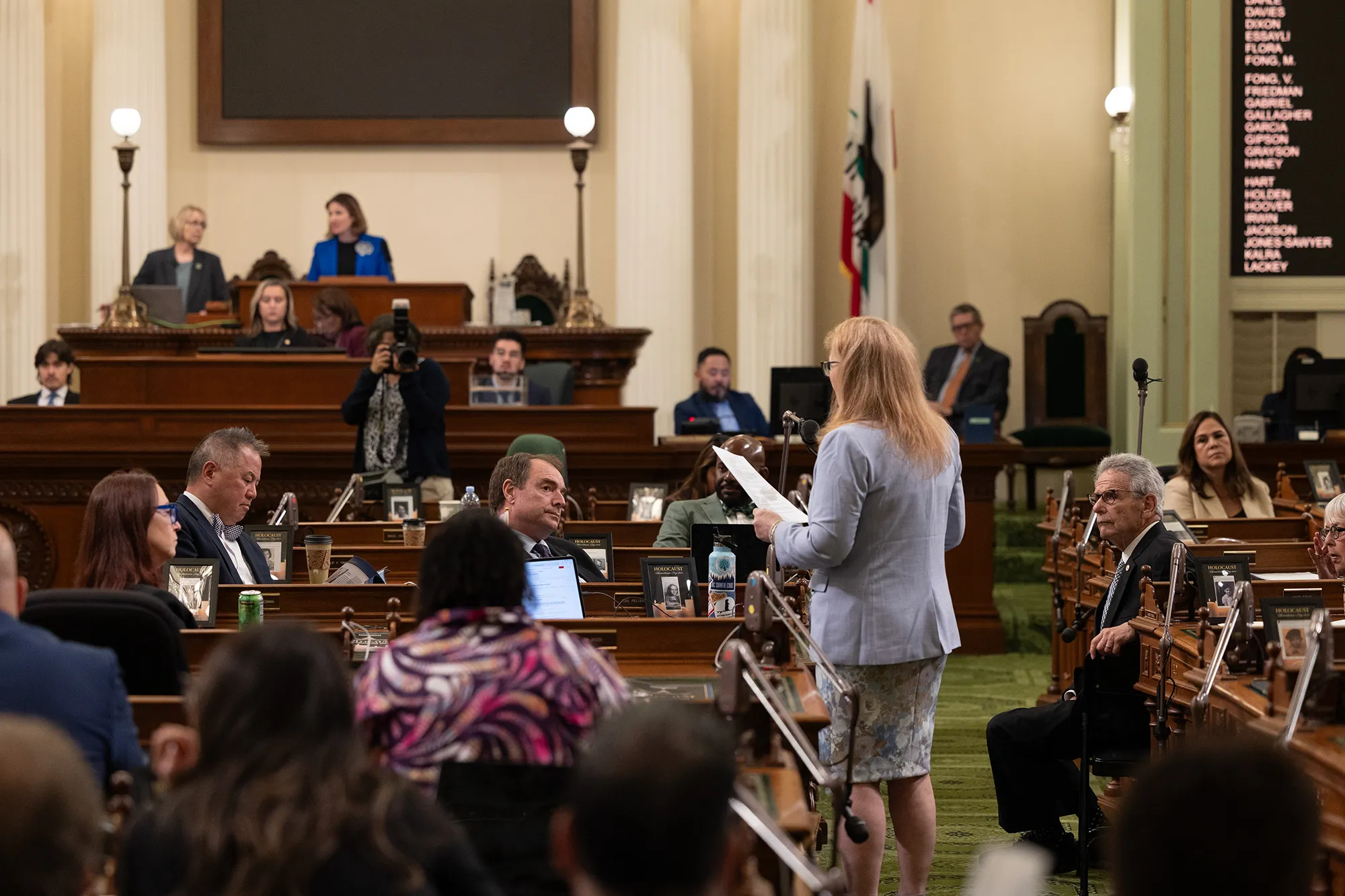November 2024 marks the first presidential election cycle under new limitations which took effect in 2023 on soliciting campaign contributions to ballot measure committees. The new limits prohibit elected officials and chief executives of agencies (for example, superintendents) from asking an individual or entity to make a contribution of more than $250 to a ballot measure campaign committee while the individual or entity is involved in a “proceeding” before the agency or for 12 months after such a proceeding.
For local educational agencies, a “proceeding” is usually a contract approval or action. While this limitation does not apply to union contracts or competitively bid contracts, it would apply to other vendors who have had contracts approved by a local educational agency in the 12 months preceding the contribution request. For example, if the board approves a no-bid professional services contract with a company in June, 2024, the company could not be solicited for a campaign donation in excess of $250 by a superintendent or board member until 12 months after the June 2024 contract approval.
Prior to 2023, elected officials and chief executives could solicit contributions from anyone as long as it was on their own time and without use of agency resources. However, the new prohibition enacted by Senate Bill 1439 may make any involvement with campaign contributions impractical as it would require elected officials or chief executives to determine whether each individual or entity being solicited was involved in a proceeding before the agency in the past 12 months. This limitation is another reason that it is always a best practice to have non-affiliated community members request contributions on behalf of a measure campaign committee.
For more information on this limitation, its application to district officials, and exemptions, please see our 2022 alert (Pay-to-Play Restrictions Coming to District Officials Next Year). If you have any questions about this limitation or election activity, please contact a DWK attorney in our Board Ethics, Transparency and Accountability (BETA) Group for more information on how these rules may apply.




![25_0123 DWK 2025 BIT Thumbnail_500x500[1]](https://www.dwkesq.com/wp-content/uploads/2025/02/25_0123-DWK-2025-BIT-Thumbnail_500x5001.jpg)